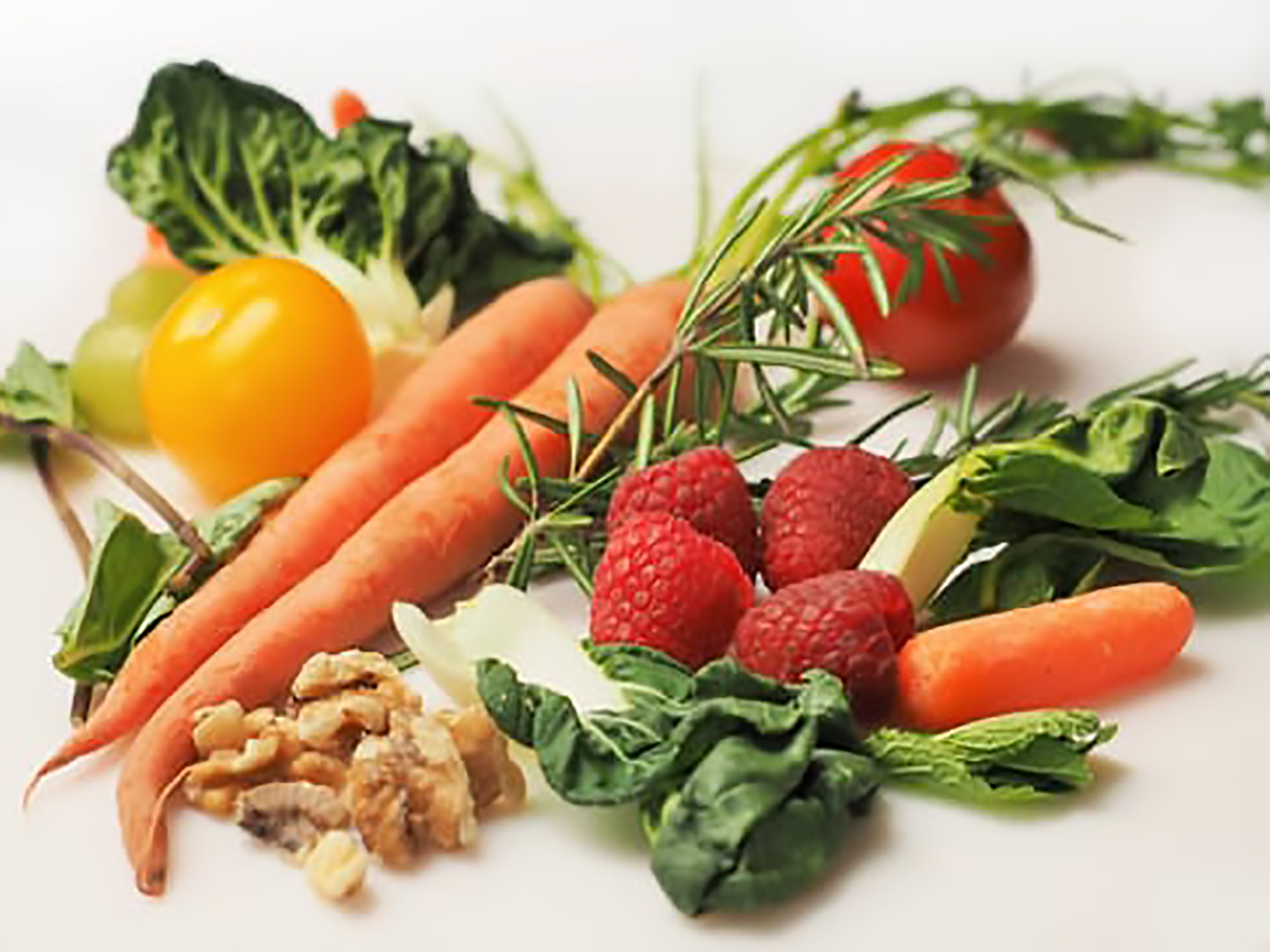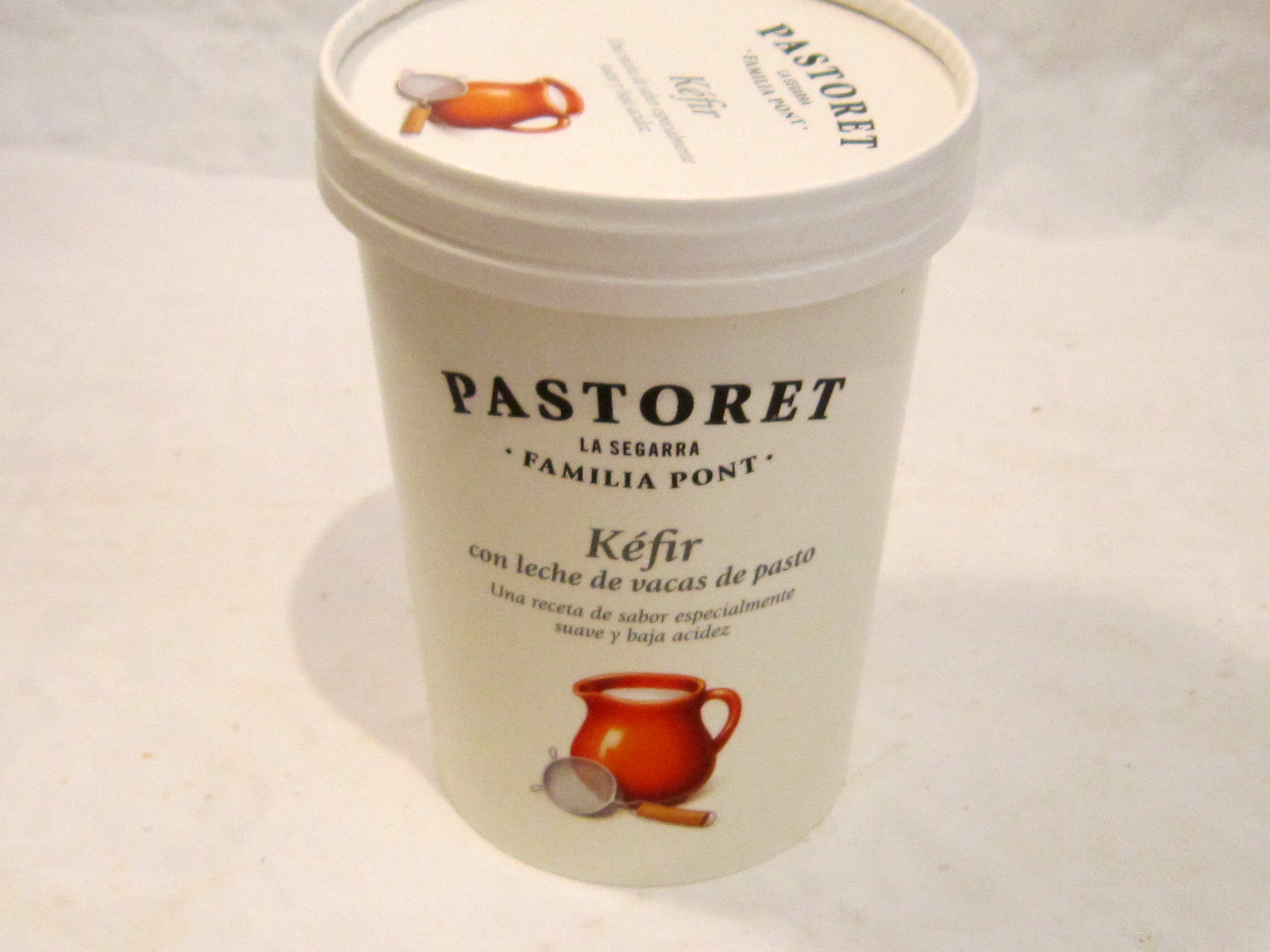Is Dried Food as Nutritious?
Dehydration reduces the natural water content of plant foods to below the critical level required for the growth of the micro-organisms that cause decay and bacterial growth. Therefore dehydrating fresh produce is a safe and durable method of preserving perishable foods.
The good news is that the dehydrating process has a minimal effect on nutritional content. This means that dried foods can certainly be used to supplement your daily recommended fruit and vegetable intake.
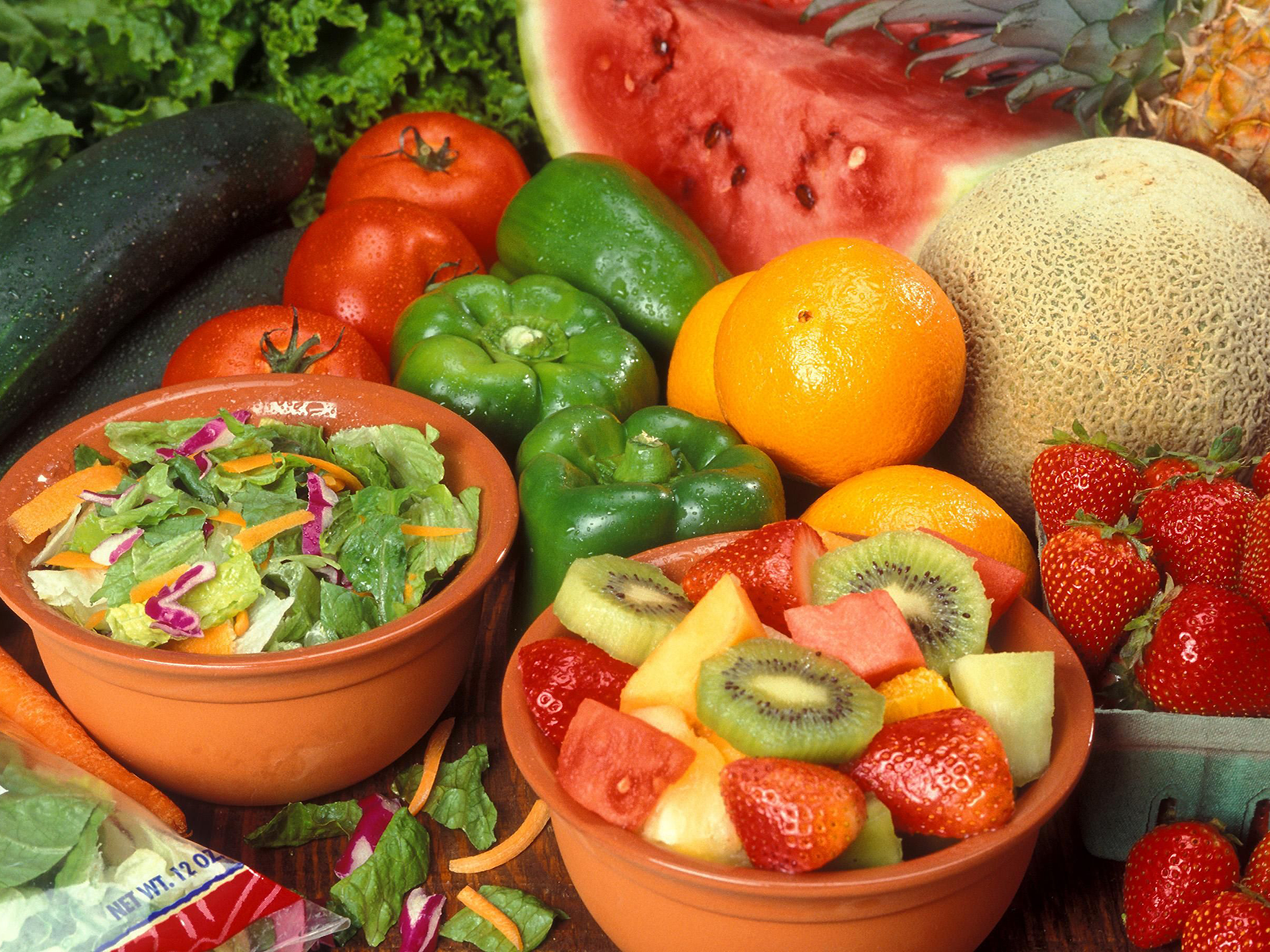
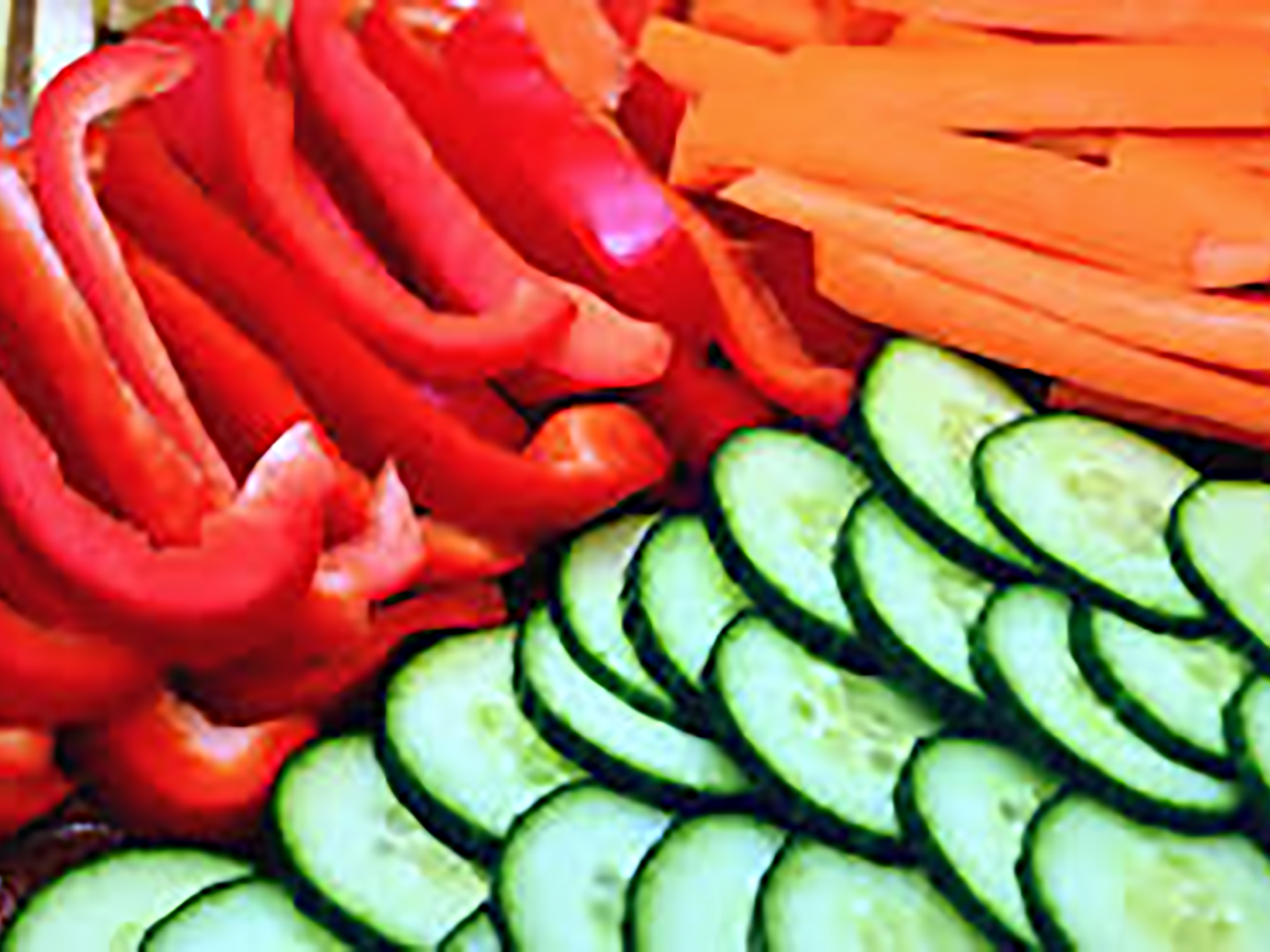
What is Lost in Dehydration
- Water
- Vitamin C is destroyed by heat although not all the Vitamin C content is destroyed during dehydration as the temperatures required are fairly low
- Water-soluble vitamins, such as B vitamins, can be lost during the rehydration process as they can leach in to the water
What is Preserved
- Calories
- Fibre content
- All other nutrients
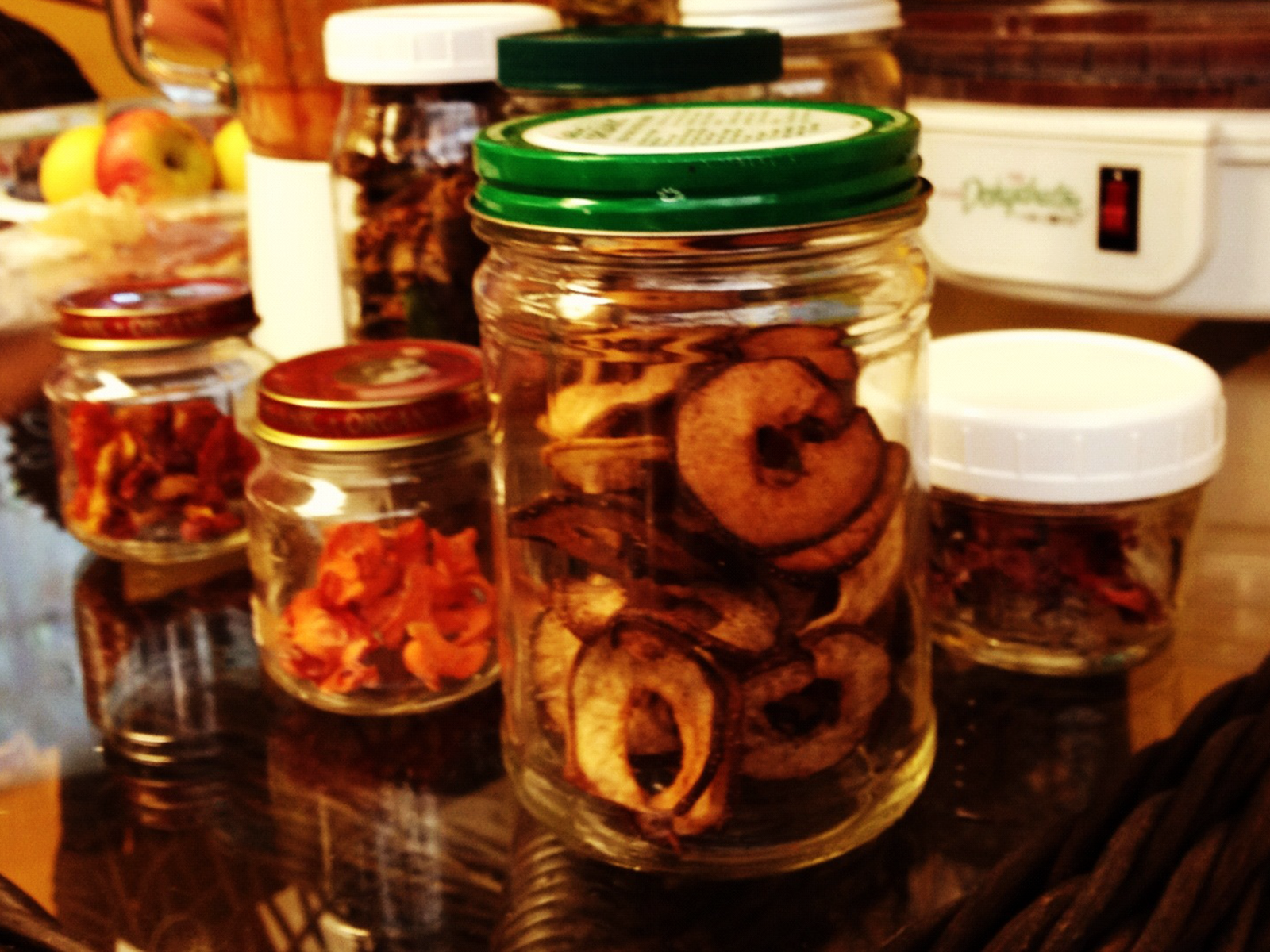
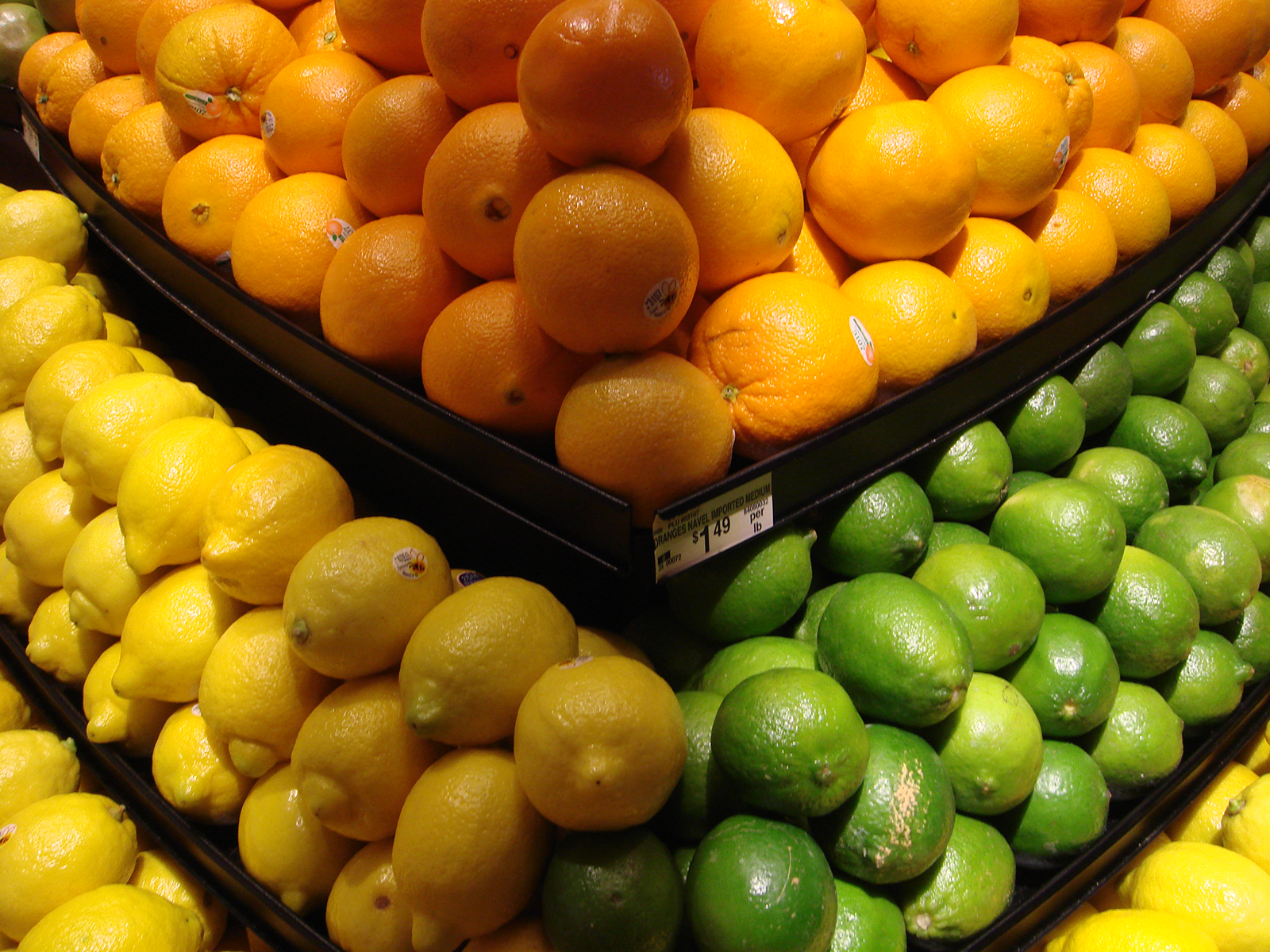
How to compensate for Losses
- Drink plenty of water
- Take Vitamin C
- Add ascorbic acid to the rinse solution to increase the Vitamin C content
- Add the water used for rehydration to the cooking process to retain any leaked Vitamin A
Recent Research
Research published in the Journal of the American College of Nutrition showed that dried figs and plums had the highest nutrient score. The researchers stated the following:
“Dried fruits have a greater nutrient density, greater fibre content, increased shelf life and significantly greater phenol antioxidant content compared to fresh fruits. The quality of the antioxidants in the processed dried fruit is the same as in the corresponding fresh fruit.”
Another research paper published on the NIH website looked at the association between nutrition and body weight in those consuming more than one eighth of a cup of dried fruit a day. They concluded that:
Dried fruit consumption was associated with improved nutrient intakes, a higher overall diet quality score, and lower body weight/adiposity measures.
